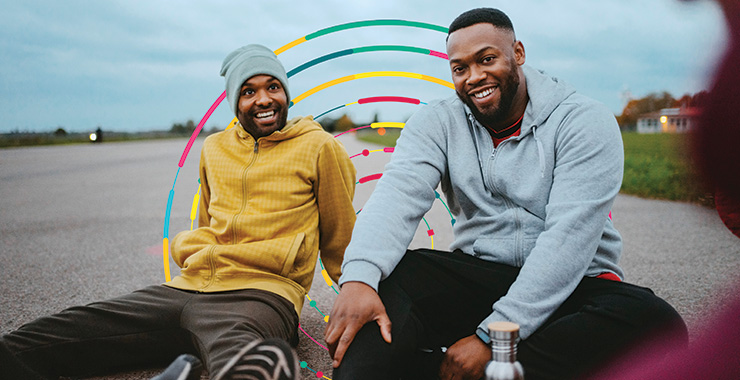

“Friendship is something we really need to understand. There’s been this preoccupation with romantic relationships, but many of our close relationships are with friends,” said Thalia Wheatley, PhD, a professor in the Department of Psychological and Brain Sciences at Dartmouth College who studies social connectivity. “So how do they impact our health?
American culture places a high premium on romantic love. In fact, relationship woes—or the lack thereof are among the top reasons people seek therapy. And while romance can be a meaningful part of life, the benefits of friendships should not be overlooked. Psychological research suggests that stable, healthy friendships are crucial for our well-being and longevity.
Friendships protect us in part by changing the way we respond to stress. Blood pressure reactivity is lower when people talk to a supportive friend rather than a friend whom they feel ambivalent about. Those who have a friend by their side while completing a tough task have less heart rate reactivity than those working alone .
Fortunately, research also suggests that friendships can be made and maintained at any age, relationships with friends can strengthen or stand in for romantic relationships, and even minimal social interactions can be powerfu

























